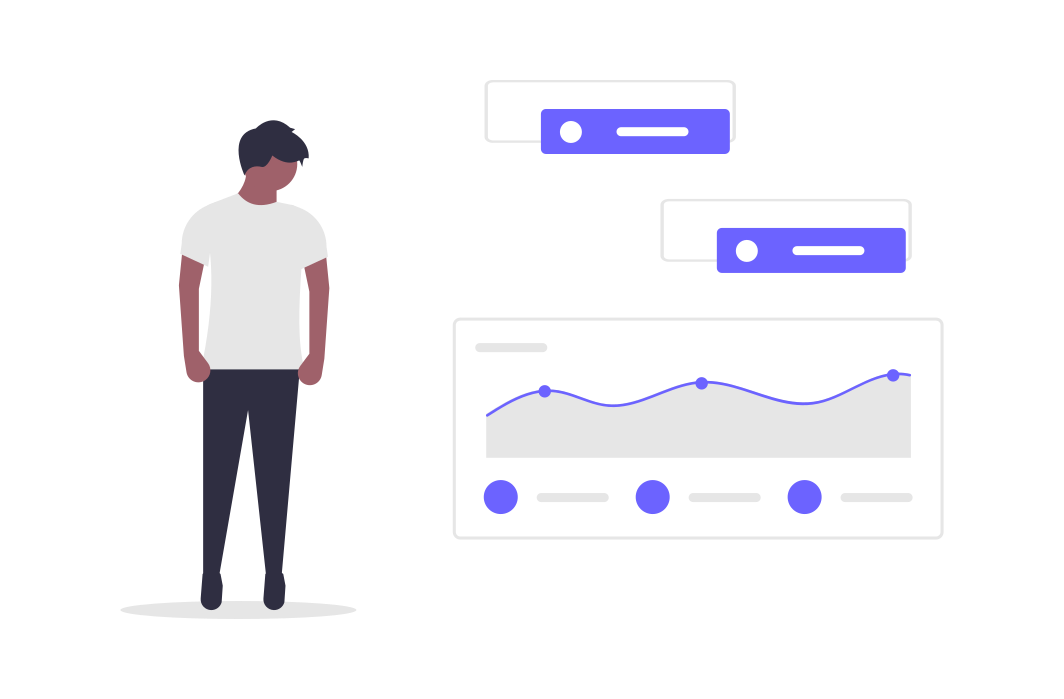
Roadmap for Data Science

Embarking on a journey into data science can be both exhilarating and overwhelming. With its blend of statistics, programming, and analytical skills, data science offers myriad opportunities for those willing to delve into its depths. To navigate this complex field effectively, it’s crucial to have a structured roadmap. This guide will provide you with a step-by-step approach to mastering data science, equipping you with the tools and knowledge needed to thrive in this dynamic discipline.
Contents
- 1 Grasp the Essentials of Data Science
- 2 Strengthen Your Mathematical Foundation
- 3 Master Data Science Tools and Technologies
- 4 Excel in Data Preparation and Cleaning
- 5 Delve into Machine Learning and AI
- 6 Cultivate Analytical and Problem-Solving Skills
- 7 Build and Showcase Real-World Projects
- 8 Engage in Continuous Learning
- 9 Conclusion
Grasp the Essentials of Data Science
Starting with a solid understanding of data science fundamentals is key. This step-by-step data science roadmap integrates various fields to uncover insights from data. Key areas include:
- Statistical Analysis: Learn about statistical distributions, hypothesis testing, and regression models to interpret data accurately.
- Programming Skills: Proficiency in programming languages like Python and R is vital for data manipulation and analysis.
- Data Handling: Develop skills in SQL for database management, and use libraries such as pandas for data manipulation and Matplotlib for visualization.
Strengthen Your Mathematical Foundation
Mathematics is the backbone of data science. Focus on:
- Linear Algebra: Essential for understanding many machine learning algorithms, such as those used in dimensionality reduction.
- Calculus: Key for optimization problems and understanding how models learn and improve.
- Discrete Mathematics: Provides a basis for understanding algorithms and data structures critical for programming.
Master Data Science Tools and Technologies
Equip yourself with the right tools and technologies:
- Visualization Software: Learn to use Tableau or Power BI for creating interactive dashboards and visual reports.
- Machine Learning Libraries: Familiarize yourself with frameworks like TensorFlow, Keras, and Scikit-Learn for building and deploying models.
- Big Data Platforms: Gain experience with Apache Hadoop and Spark, and explore cloud solutions such as AWS and Google Cloud for scalable data processing.
Excel in Data Preparation and Cleaning
Data preparation is crucial for accurate analysis. Focus on:
- Handling Incomplete Data: Use techniques like imputation to deal with missing values and ensure data completeness.
- Data Transformation: Apply methods such as normalization and standardization to prepare data for analysis.
- Data Integration: Learn how to merge and align data from diverse sources to create a unified dataset.
Delve into Machine Learning and AI
Machine learning and AI are pivotal in data science. Concentrate on:
- Supervised Learning: Explore algorithms for classification and regression, including decision trees and support vector machines.
- Unsupervised Learning: Study clustering techniques like K-means and hierarchical clustering, and dimensionality reduction methods like PCA.
- Deep Learning: Understand neural networks, including convolutional and recurrent networks, for complex data analysis tasks.
Cultivate Analytical and Problem-Solving Skills
Strong analytical and problem-solving abilities are essential:
- Critical Thinking: Develop the ability to interpret results and derive meaningful conclusions.
- Domain Knowledge: Gain insight into specific industries or fields to apply data science effectively.
- Experimental Design: Learn to design experiments and test hypotheses to validate your findings.
Build and Showcase Real-World Projects
Practical experience is invaluable. Create a diverse portfolio that includes:
- Exploratory Data Analysis (EDA): Work on projects that involve examining and visualizing data to uncover patterns and insights.
- Machine Learning Projects: Develop end-to-end models, from data preparation to model deployment and evaluation.
- Collaborative Efforts: Engage in team projects or contribute to open-source initiatives to enhance your collaborative skills and network.
Stay Current with Industry Trends
The field of data science is continuously evolving. Stay informed by:
- Exploring New Techniques: Keep abreast of emerging algorithms and methodologies through research papers and industry publications.
- Following Trends: Understand how data science is applied across different sectors and industries.
- Participating in Events: Attend conferences, webinars, and workshops to network with professionals and learn about the latest advancements.
Focus on Ethical Considerations
As data science impacts various aspects of society, understanding ethical implications is crucial:
- Data Privacy: Ensure that your methods respect user privacy and comply with data protection regulations.
- Bias and Fairness: Be aware of biases in data and strive to develop fair and unbiased models.
- Transparency: Maintain transparency in your data science processes and decisions.
Engage in Continuous Learning
Data science is a field marked by rapid advancements. To stay relevant:
- Online Courses: Enroll in advanced courses and certifications to deepen your knowledge.
- Networking: Join data science communities, forums, and professional groups.
- Books and Publications: Read up-to-date literature and research to stay informed about new developments.
Conclusion
Navigating the data science landscape requires a thoughtful and structured approach. By following this comprehensive roadmap to data science, you’ll build a robust foundation, acquire essential skills, and stay ahead of industry trends. Approach your data science journey with enthusiasm and persistence, and you’ll be well-positioned to succeed in this exciting field.



